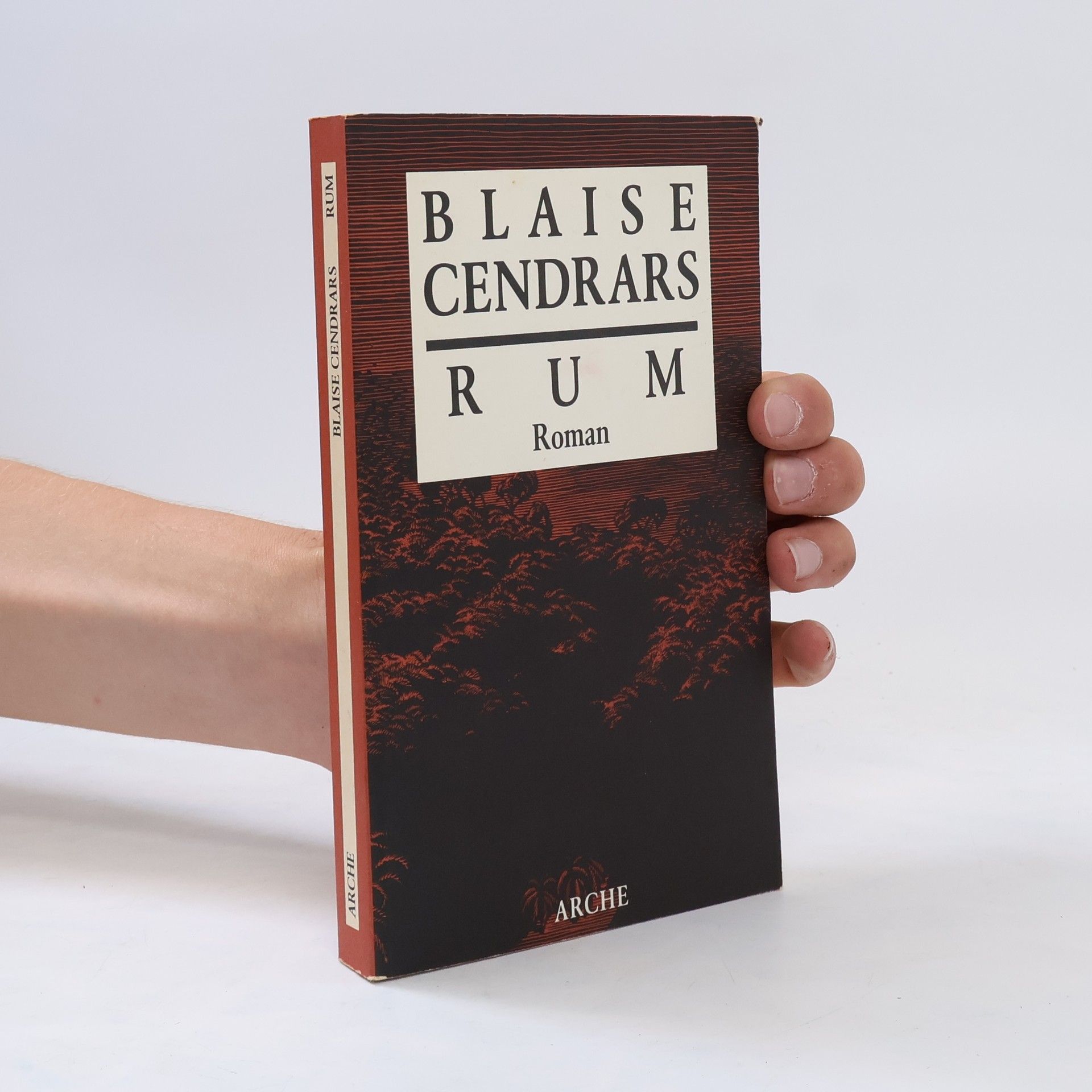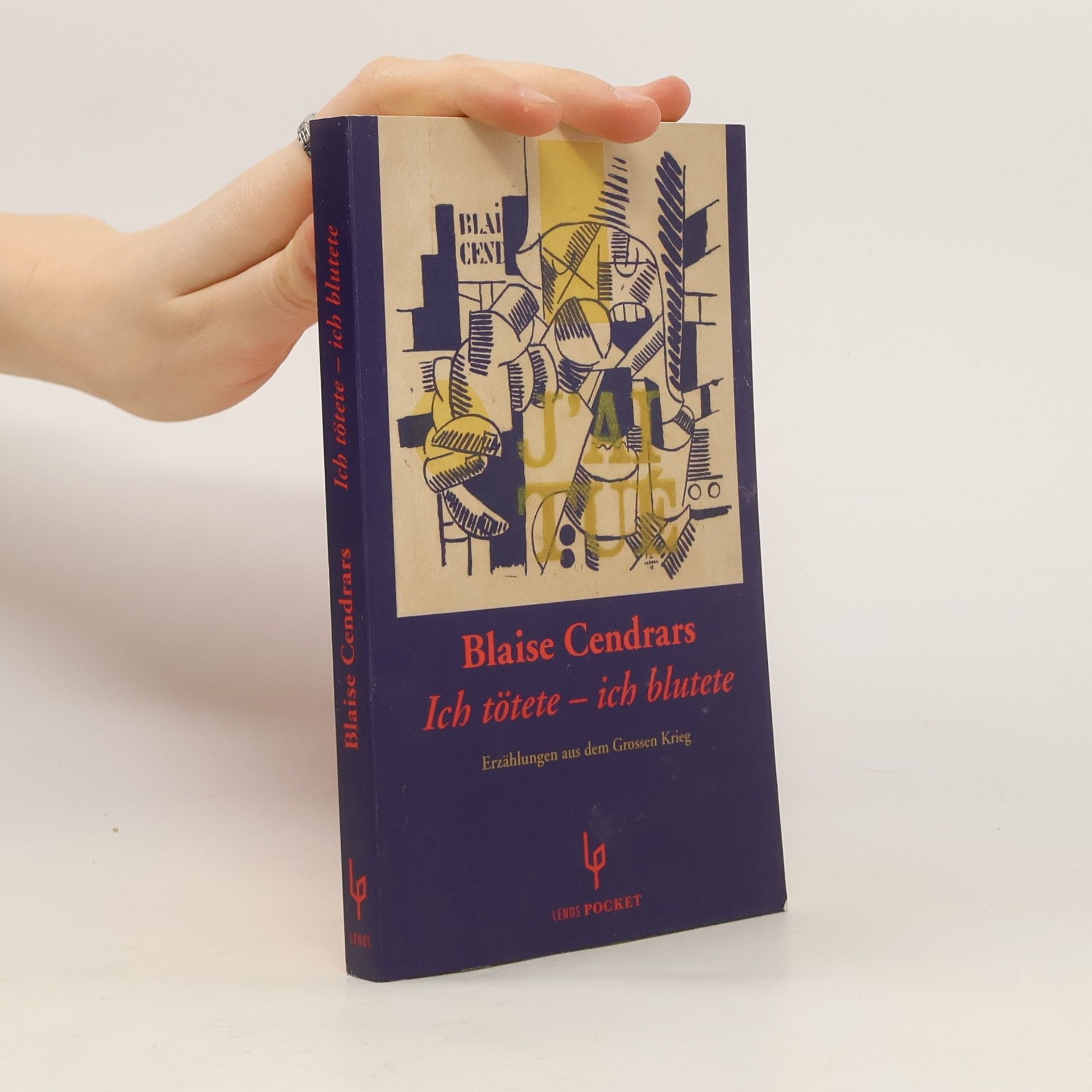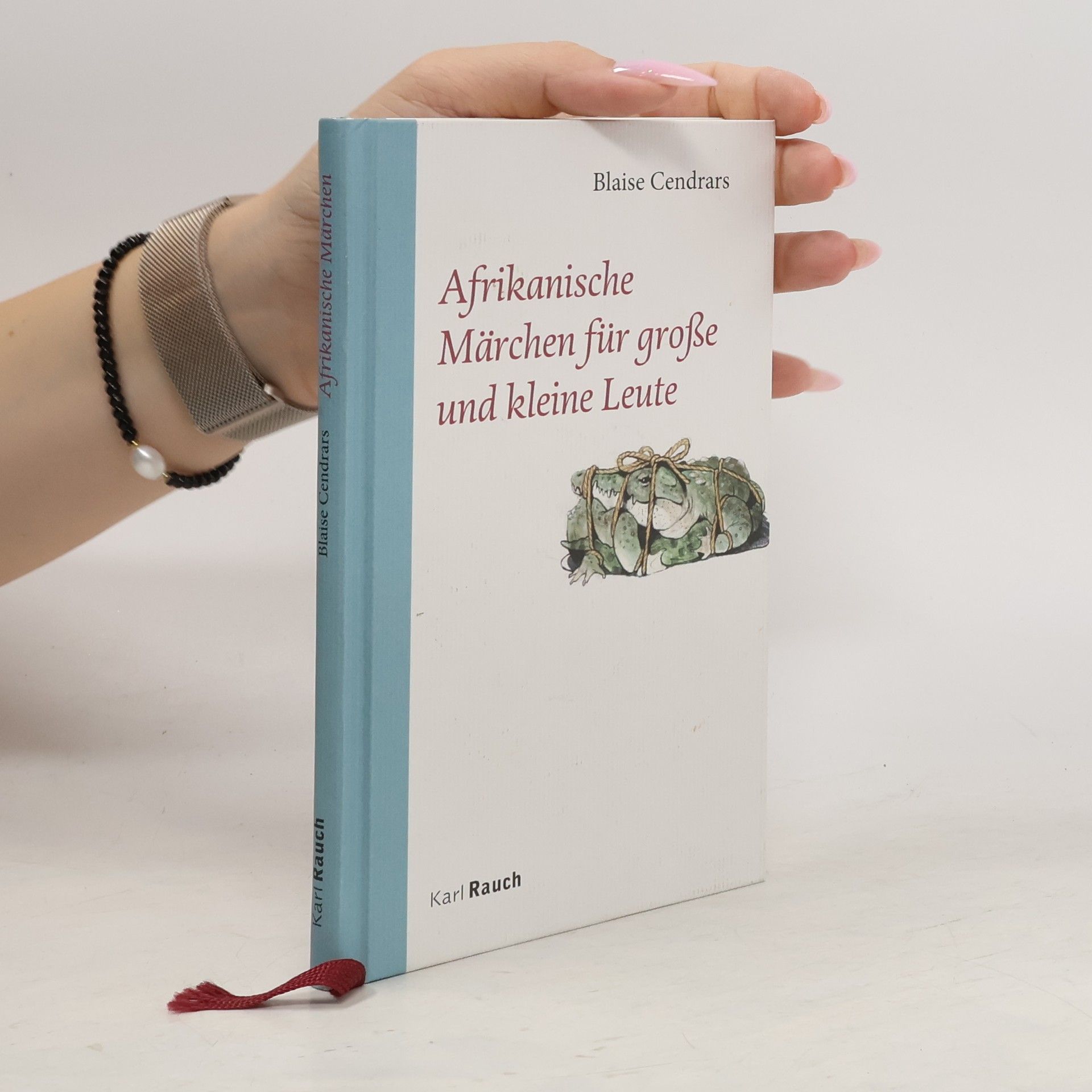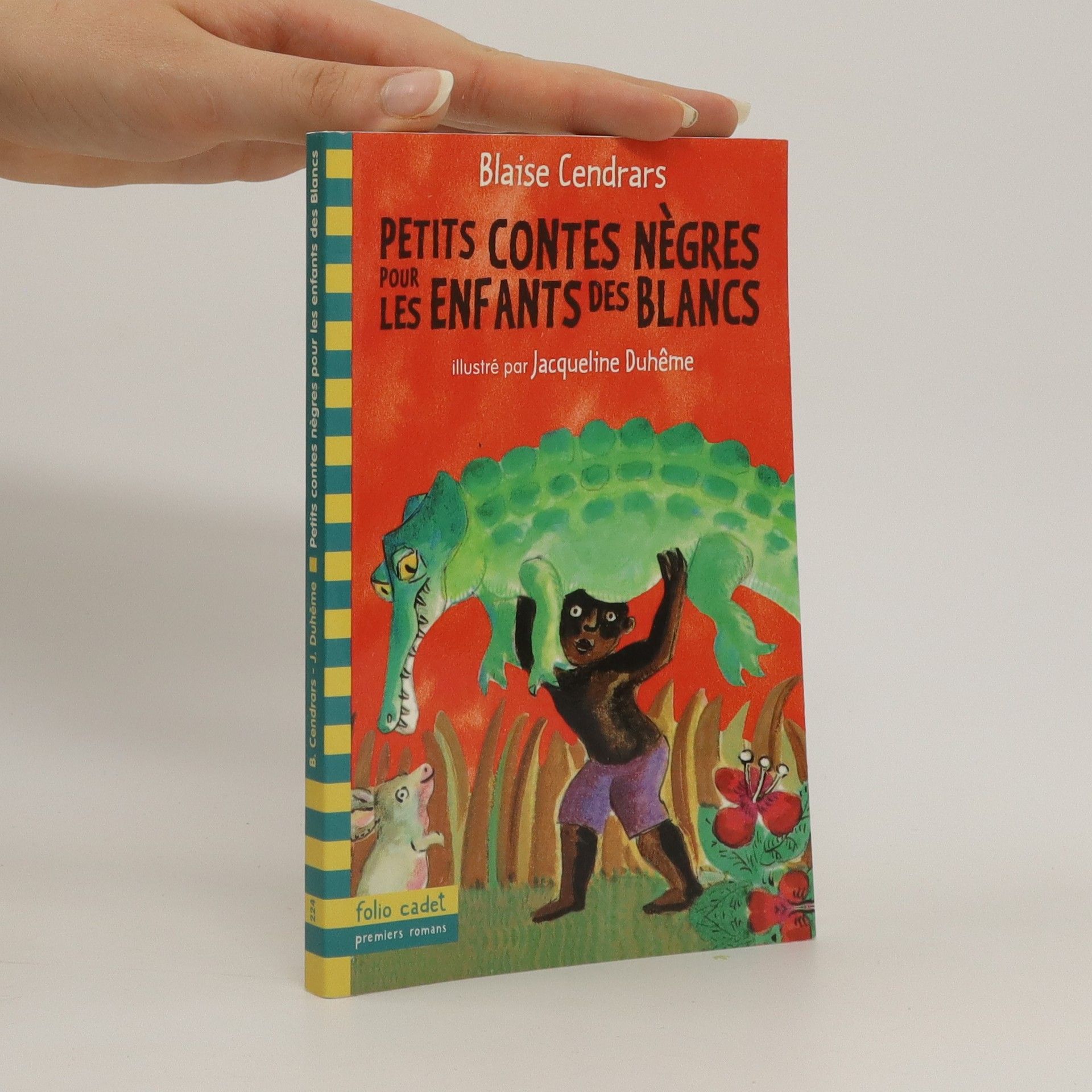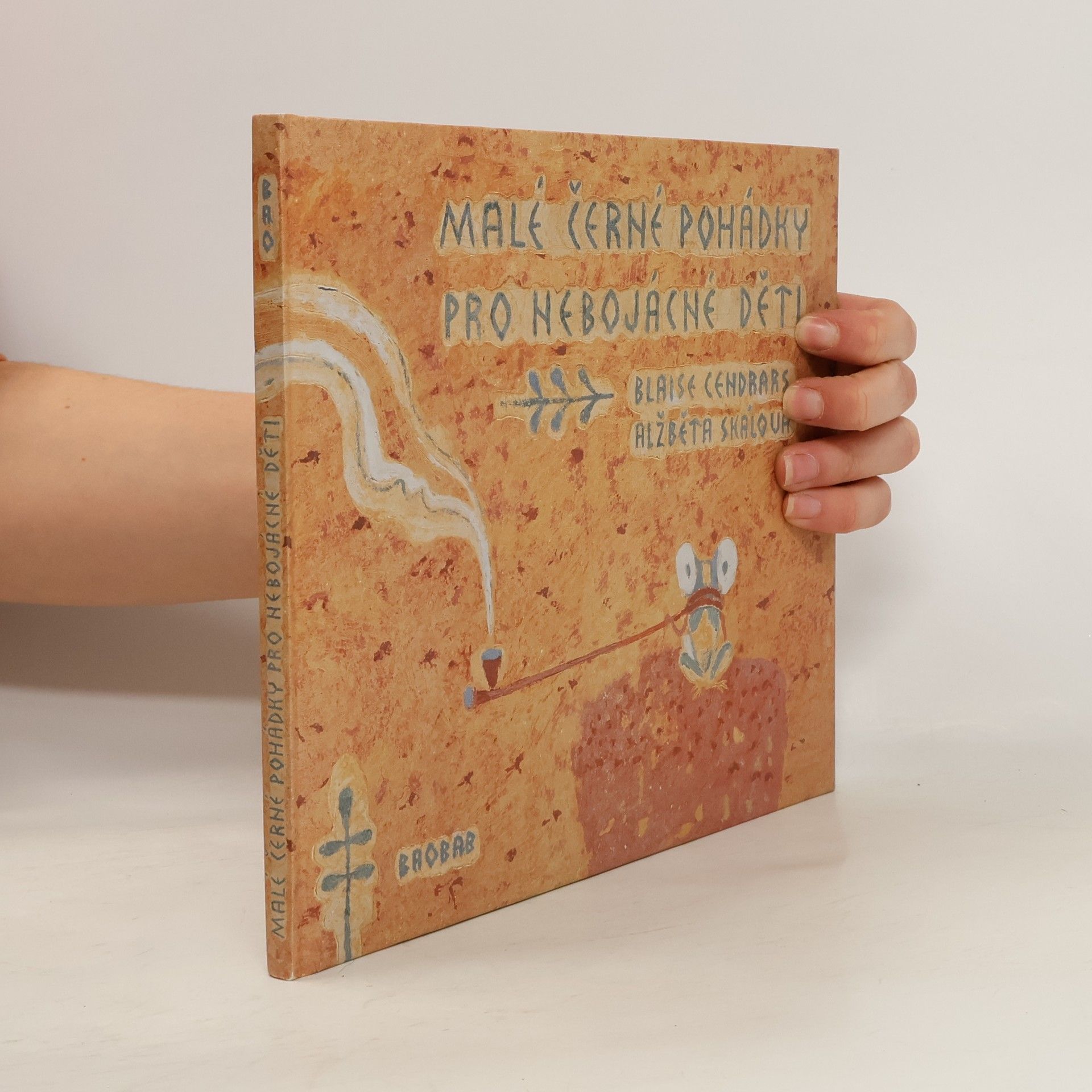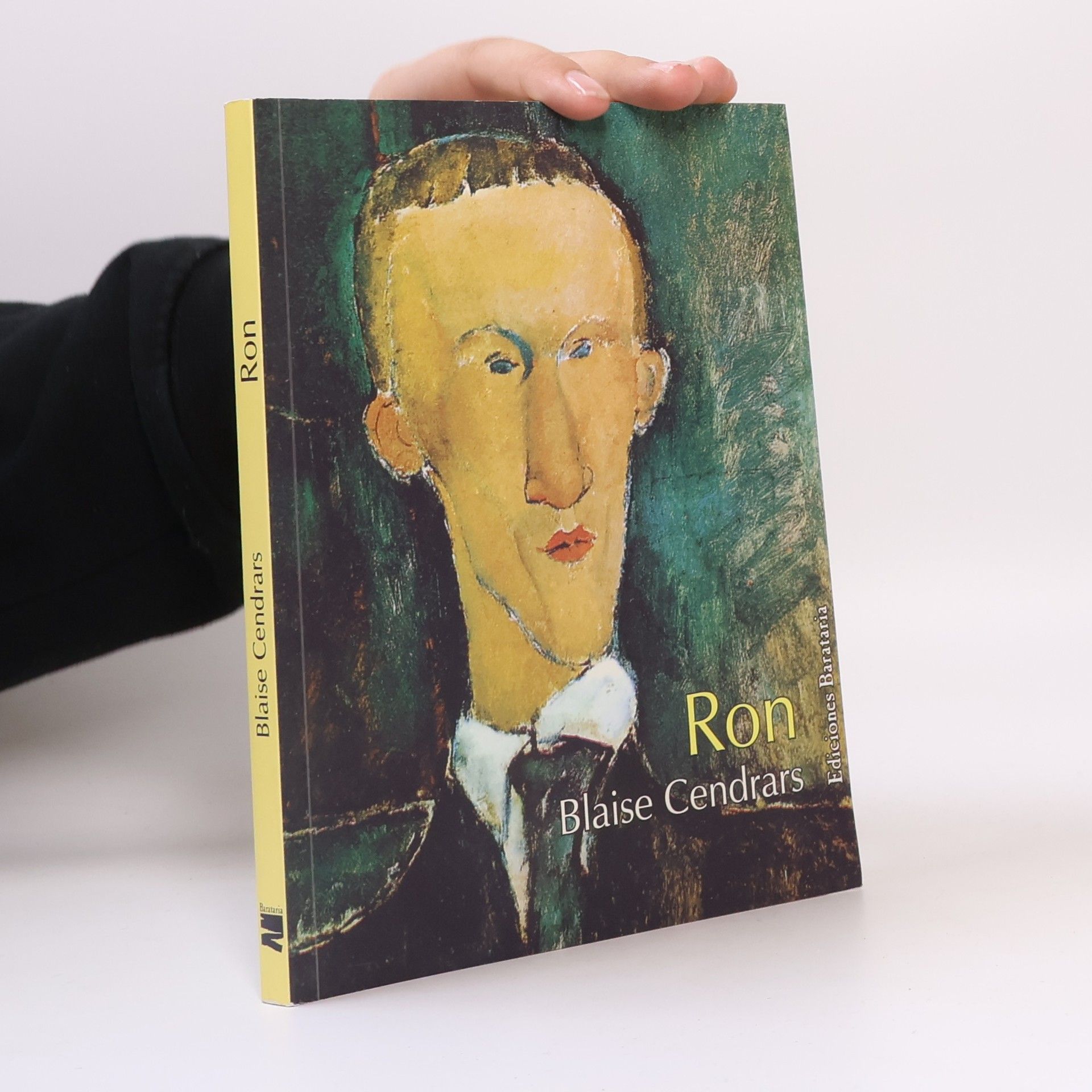Gold
Die fabelhafte Geschichte des Amerikapioniers Johann August Suter
Der hochverschuldete Basler Tuchhändler Johann August Suter macht sich 1834 von Burgdorf auf nach New York. Der Sehnsuchtstraum der Neuen Welt treibt ihn immer weiter nach Westen, wo er im Tal des Sacramento sein Ziel erreicht und die Kolonie Neu-Helvetien gründet. Er kauft Land und macht es urbar, lässt Straßen, Brücken, Brunnen bauen, betreibt Ackerbau und Viehzucht im großen Stil. Bald gehört ihm halb Kalifornien. Doch – wie gewonnen, so zerronnen! Als auf seinem Land Gold entdeckt wird, bricht ein Run los, wie man in nie gesehen hat: Zehntausende von Abenteurern fallen ein und verwüsten seine Ländereien, die Arbeiter laufen ihm davon. Der »Vater Kaliforniens« wird um sein ganzes Territorium gebracht.In einer rasanten, vorwärtstreibenden Sprache erzählt Blaise Cendrars' erster, heute weltbekannter Roman vom Aufstieg und Fall des Amerikapioniers Suter, dem, wie es heißt, San Francisco seine Existenz verdankt. Die gnadenlose Beschreibung einer obsessiven Inbesitznahme, auf die der haltlose Untergang folgt - ausgelöst durch einen Klumpen Edelmetall –, führt den irren Rausch des Versprechens von Reichtum vor Augen und macht das erstmals 1925 erschienene Buch zu einem zeitlosen Stück Literatur.

